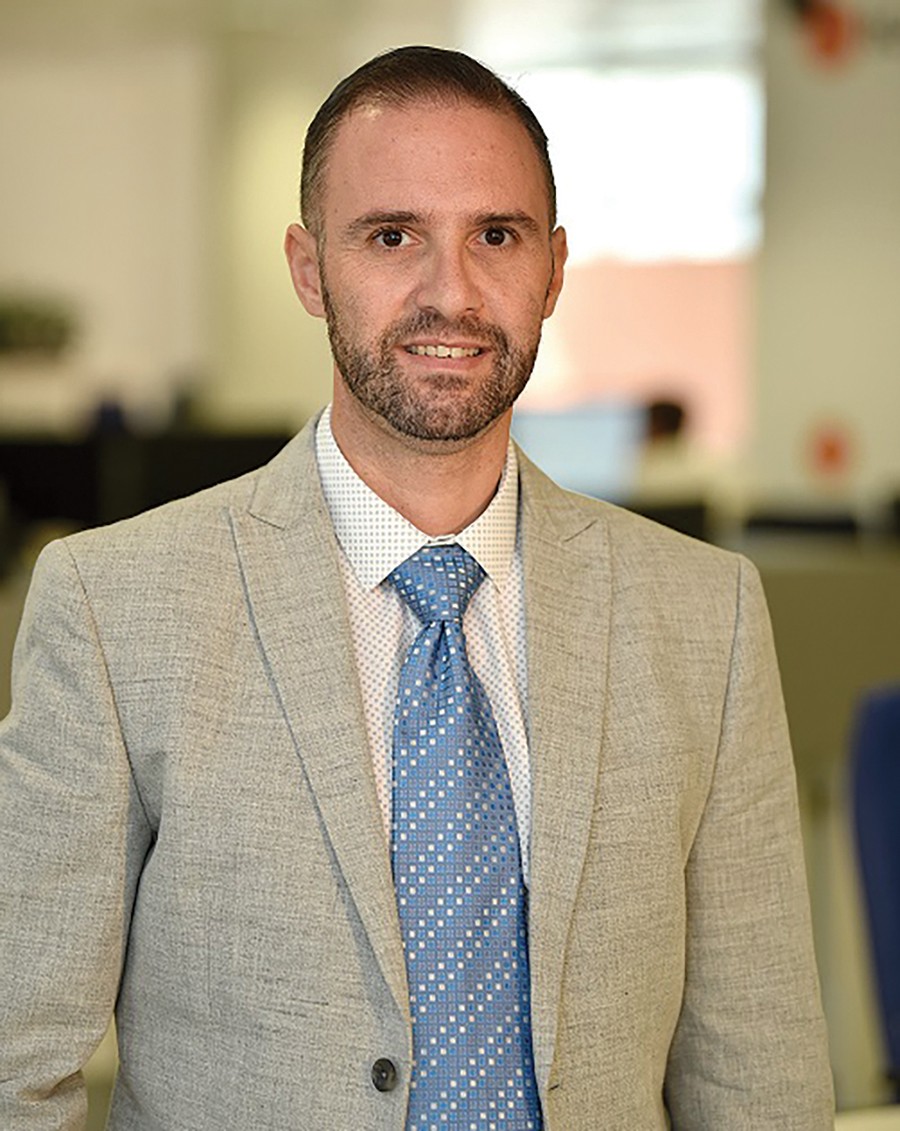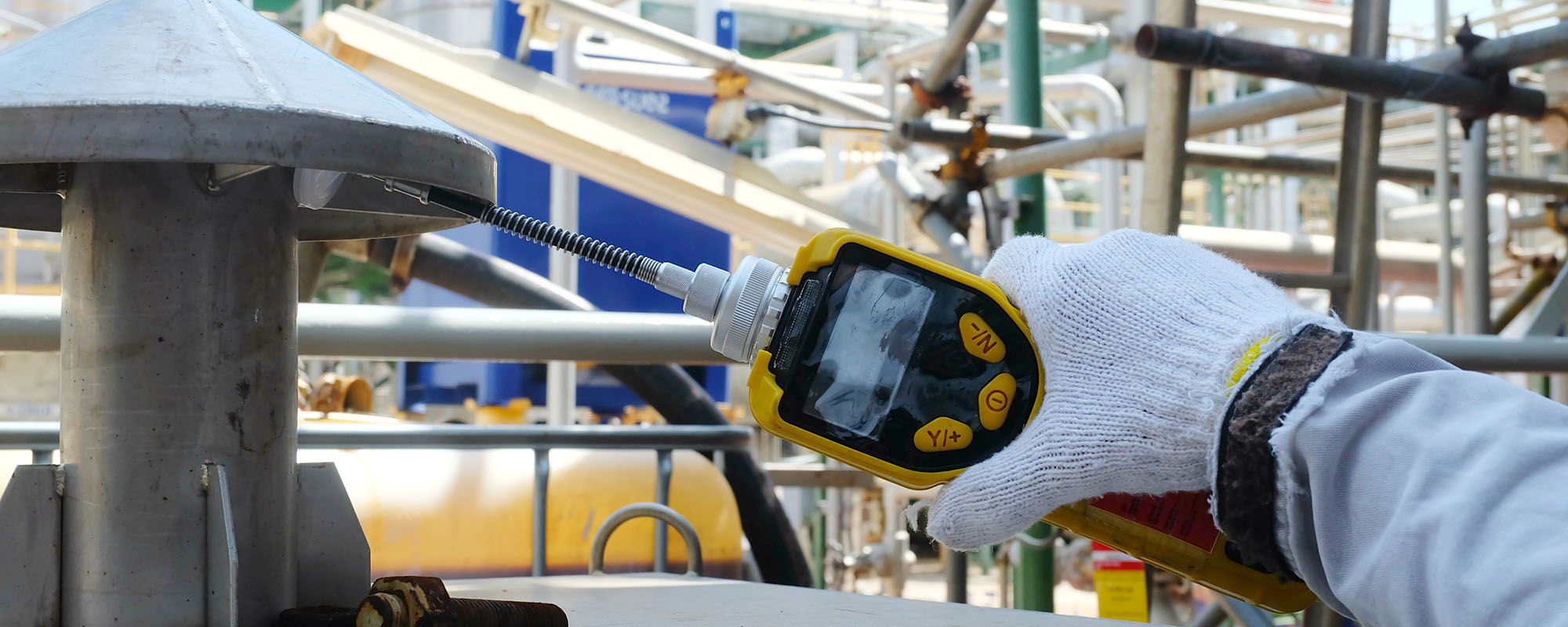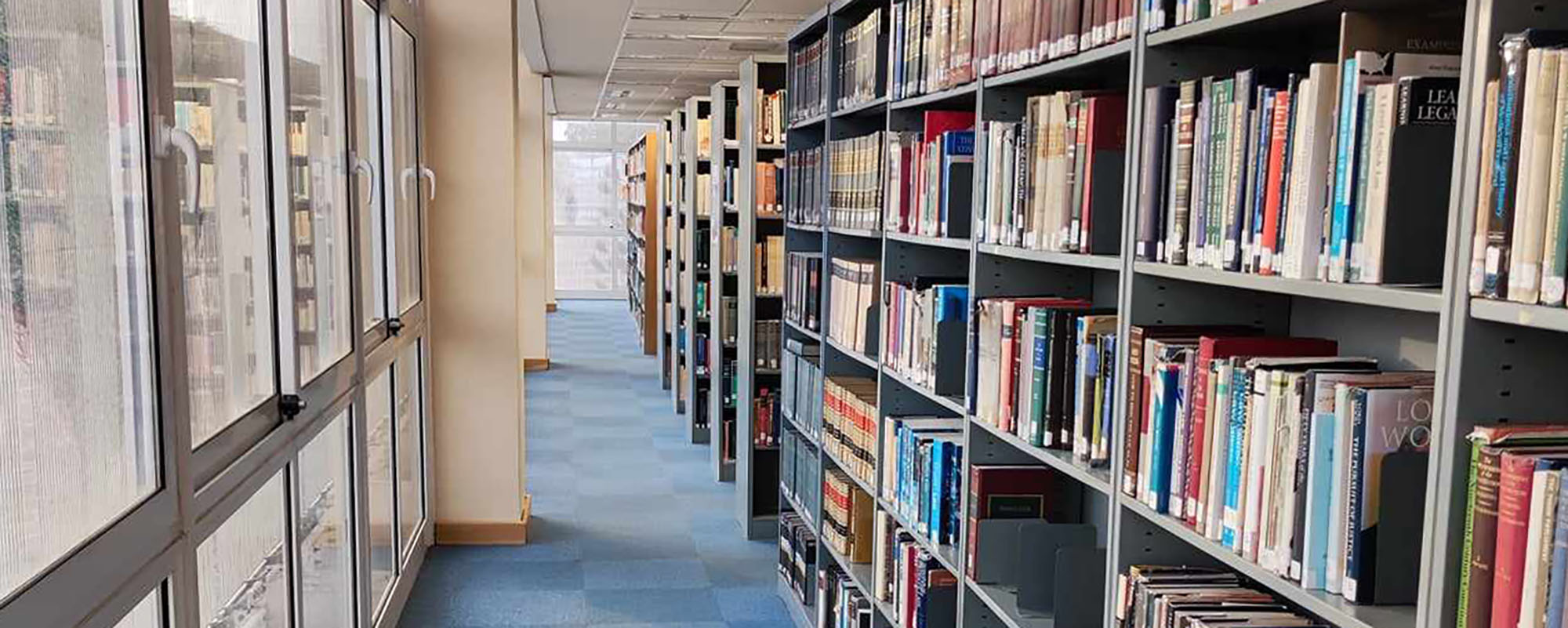
Everybody wants peace of mind. From the moment we lock the front door before going to work, to the second the car’s ignition turns off when we get back. Insurance makes that possible.
Insurance is one of the largest sectors of the Maltese financial services industry and a major pillar of its economy. Despite this importance, there is a research gap. Most historical records I referenced when looking into the history of insurance in Malta hinge on maritime history and historical accounts of bustling ports and the activity surrounding them.
My research aim was to initiate the first project actively chronicling the key contributors and events in Malta’s insurance industry. I started with methods used by the earliest inhabitants of the island, tracing its roots in maritime trade, followed by the emergence of more complex and sophisticated insurance services and products.
Reference to insurance in Malta can be traced back as early as 750 BCE, the time of the Phoenicians. The earliest known insurance contract I found was dated to 1524, around 12 years before the oldest contracts known prior to this study. Intra and extra-territorial socio-political, economic, and regulatory events have strongly contributed to the development of insurance and have forged it into the industry it is today.
Through a series of semi-structured interviews, backed up by findings from empirical literature and archival research, I made some key discoveries. For example, after the Knights of St. John settled in Malta, Maltese farmers fearing a Turkish invasion sought security (insurance) from their landlords through contracts. I also found that in the 1980s, a very specific insurance existed for racing horses. These valuable insights are being published by Emerald publishing (London).
Understanding the past’s lessons is the best way to prepare for the future.
This research was carried out as part of an M.A. in Insurance and Risk Management, Department of Insurance, Faculty of Economics, Management and Accountancy, University of Malta.
Author: Mark Lawrence Zammit




Comments are closed for this article!